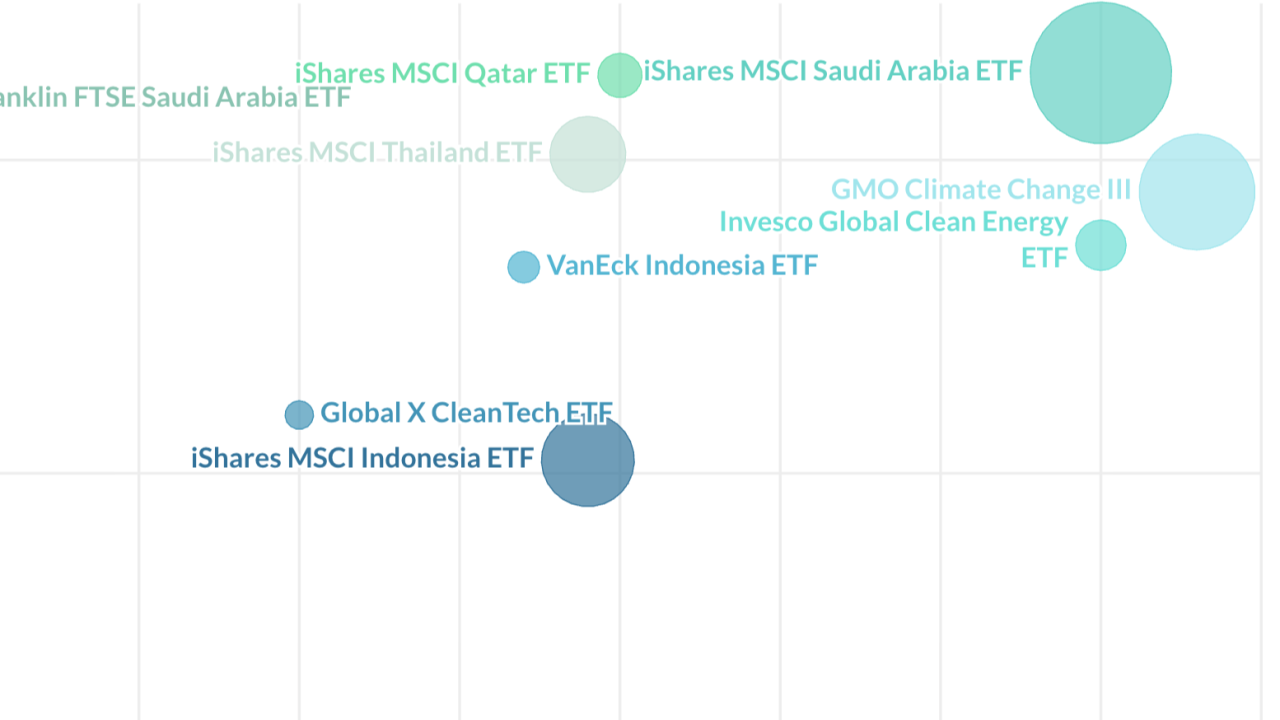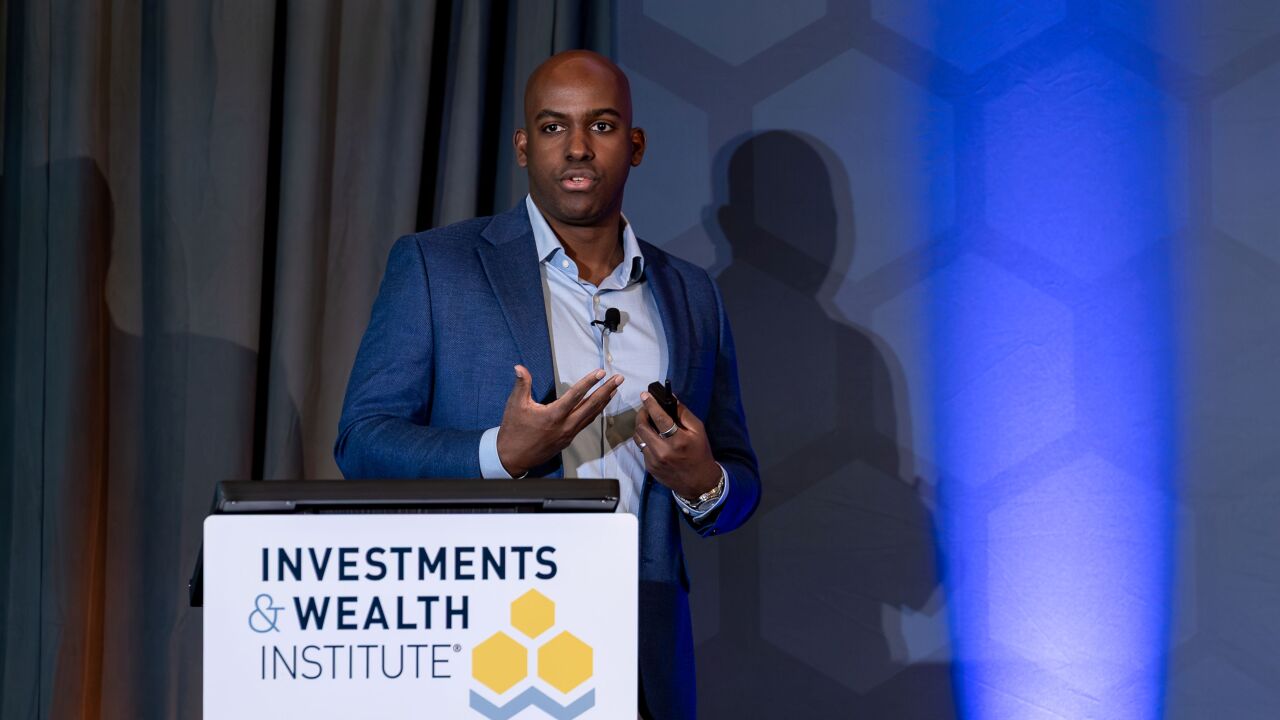The financial implosion of Enron late last year has brought increased scrutiny to the regulations that govern 401(k) plans. Now, some say the longstanding issue of portfolio disclosure might be next.
A handful of rule proposals that would force fund companies and portfolio managers to disclose their stock holdings more frequently have gone largely ignored for months. But in recent weeks those issues are getting renewed interest from research groups and consultants who say that shareholders are better served knowing more about the stocks in their portfolios.
To be sure, there is only a tangential connection between the Enron fallout and the question of how often--and with how much detail--fund companies disclose the holdings in their portfolios. But, with investors and lawmakers questioning corporate accounting practices, 401(k) rules and other disclosure issues in the wake of Enron's bankruptcy, there may be fresh emphasis on giving investors a what-you-see-is-what-you-get approach to mutual funds.
"I don't think Enron created that movement, but it pushes that movement a little bit," said Chip Roame, a fund industry consultant.
Indeed, regulators and consultants have been debating portfolio disclosure since long before Enron's collapse. But the company's situation, which is regularly on the front pages of every newspaper in the country, "makes people more aware of their investments," Roame said. "It starts making people question what they own and what they don't know they own."
Two proposed rules governing investment disclosure issues seem to be getting renewed attention in recent weeks. A Securities and Exchange Commission rule proposal would require funds to disclose their portfolio holdings quarterly, instead of semi-annually. The proposal has seemingly gone ignored by the agency since its introduction in June. But a debate of the issue was expected to appear this week in the newsletter of Financial Research Corp.
And a proposed rule amendment at the National Association of Securities Dealers, which would require financial analysts and portfolio managers to disclose their personal investments when they comment on stocks during media interviews, has gotten renewed attention from the press. That proposal had also been largely ignored by the industry since its introduction last summer. An NASD spokesman couldn't say why the rule was facing scrutiny this month. Time will tell if fallout from the Enron debacle drives the rule proposal further into the spotlight, he said.
"I doubt there's going to be a connection, even though [SEC Chairman Harvey] Pitt has made a point to call for more disclosure," said Mercer Bullard, a former assistant chief counsel at the SEC who now runs Fund Democracy, a shareholder advocacy group. "He's not thinking about mutual funds when he's talking about disclosure for public companies. He should be, but I don't think he is."
Likewise, Charlie Bevis, a senior editor at FRC, said the issue of portfolio disclosure is distinct from any proposed rules that will arise in the wake of Enron's woes.
A spokesman at the SEC said the regulatory agency is not likely to address the issue publicly anytime soon. But Bullard said journalists and others are speculating that the SEC may take action on the issue in the near-term.
Roame, meanwhile, said the Enron fallout will drive a number of consumer reforms across all industries, including the fund business.
"I think that the Enron debacle could have some positive impacts for consumers in getting mutual funds and others to make their underlying holdings more transparent and more frequent," Roame said.
He speculates that portfolio disclosure will likely be required quarterly or even monthly in the near future. But he isn't sure how stockholders would have reacted to knowing their portfolios contained Enron stock if they found out about it during the company's rapid decline. "I'm not positive at the end of the day what consumers will do with that information or whether they will follow it," he said.





